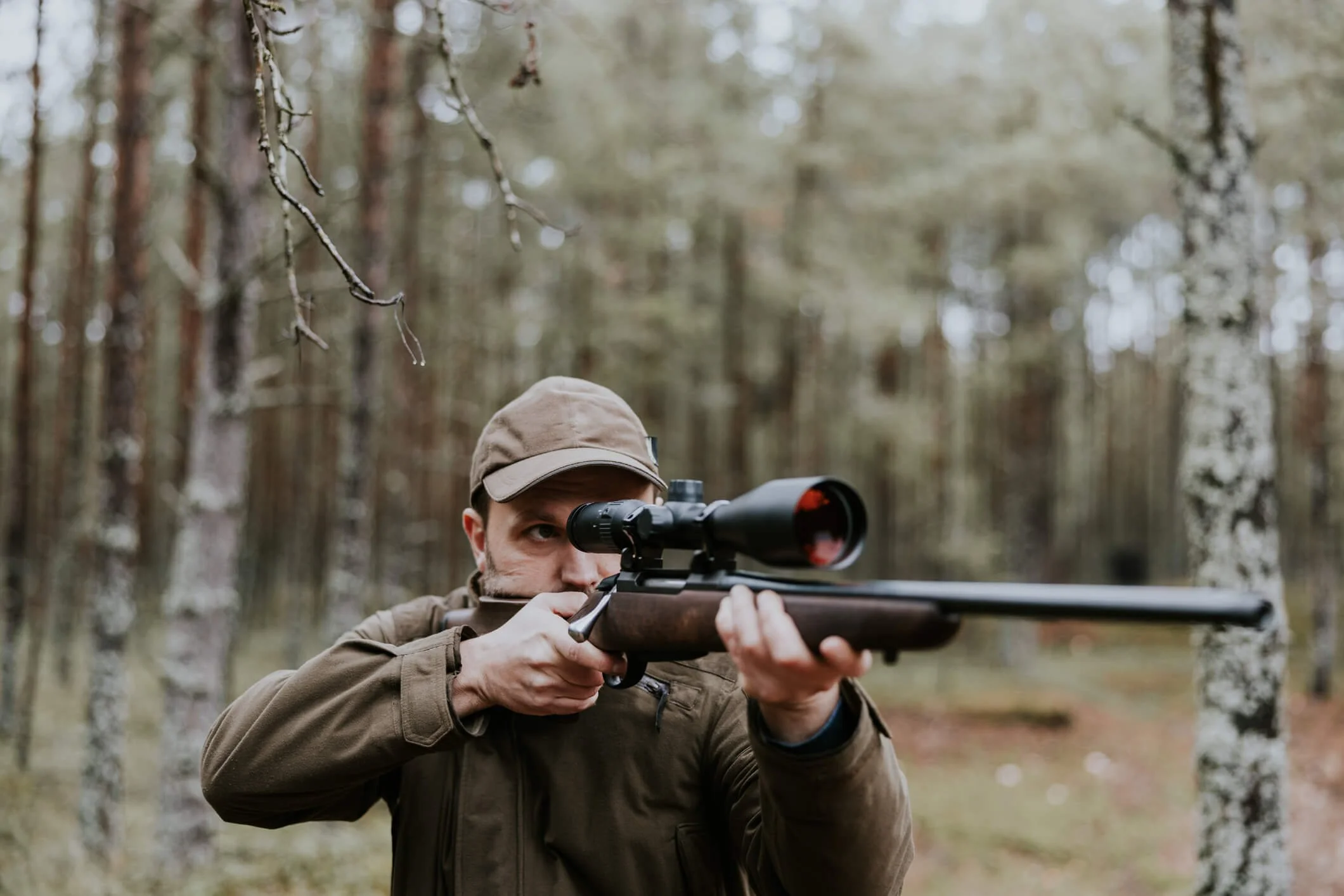Hunting in Texas with a Felony
What you need to know
Discover > Hunting in Texas > Hunting in Texas with a Felony
Hunting is a popular and cherished outdoor activity in the state of Texas, known for its diverse wildlife and extensive hunting opportunities. However, for individuals with felony convictions on their records, participating in this pastime can be challenging due to legal restrictions and regulations. This article aims to provide a comprehensive overview of hunting in Texas with a felony conviction, discussing the legal framework, potential hurdles, and avenues for those looking to engage in this activity despite their criminal history.
The Legal Landscape
Hunting regulations in Texas are governed by the Texas Parks and Wildlife Department (TPWD). The TPWD has established various rules and regulations to ensure the responsible and sustainable management of wildlife resources, while also considering public safety and ethical practices. Individuals convicted of felonies are subject to certain restrictions when it comes to obtaining hunting licenses and engaging in hunting activities.
Felony Convictions and Hunting Restrictions
Individuals with felony convictions are generally prohibited from obtaining hunting licenses in Texas if they require the use or possession of a firearm. Felony offenses are considered serious crimes, and as such, there are concerns about public safety and the potential misuse of firearms during hunting activities. This prohibition applies to both state and federal laws, including the Gun Control Act, which restricts firearm possession by convicted felons.
However, the exact regulations and restrictions may vary based on the nature of the felony conviction. Certain felony offenses, such as those related to violent crimes or drug trafficking, might result in more stringent restrictions compared to non-violent offenses. It's important for individuals with felony convictions to thoroughly research and understand the specific restrictions that apply to their situation.
Seeking Permission and Restoration of Rights
While the general prohibition on hunting with a felony conviction exists, the TPWD does provide a process for individuals to seek permission for hunting under certain circumstances. This involves submitting a written request to the TPWD, detailing the nature of the conviction, the individual's rehabilitation efforts, and reasons for wanting to engage in hunting.
The TPWD may review these requests on a case-by-case basis and consider factors such as the amount of time that has passed since the conviction, the nature of the offense, the individual's behavior post-conviction, and any community involvement or contributions. It's important to note that receiving permission is not guaranteed, and the decision ultimately lies with the TPWD.
Furthermore, individuals with felony convictions should explore the possibility of restoring their firearm rights through the legal process of expungement or restoration of civil rights. Restoring civil rights can potentially open up avenues for obtaining hunting licenses and engaging in hunting activities.
What to Hunt With
While the possession of firearms and certain hunting equipment may be prohibited for felons, there are exceptions and alternatives to consider:
Non-Firearm Hunting Tools
Texas law allows convicted felons to use hunting tools that do not involve firearms. These could include items such as bows, crossbows, and other archery equipment, as long as they comply with state hunting regulations.
Black Powder Firearms
Some convicted felons may be permitted to possess black powder firearms, which are considered antique or antique replica firearms and are exempt from certain firearm regulations. However, it's crucial to confirm this with legal authorities and ensure compliance with all relevant laws.
Conclusion
Hunting in Texas with a felony conviction requires a careful understanding of the legal landscape, regulations, and restrictions imposed by the Texas Parks and Wildlife Department. While individuals with felony convictions face limitations, there are pathways to potentially regain hunting privileges by seeking permission and demonstrating rehabilitation efforts. It is essential for individuals in this situation to consult legal professionals to navigate the complex process and ensure compliance with all relevant laws.
Engaging in outdoor activities like hunting can contribute positively to personal well-being and reintegration into society. As society evolves, so too can the opportunities for individuals to demonstrate their rehabilitation and responsibility, even in the realm of hunting.


